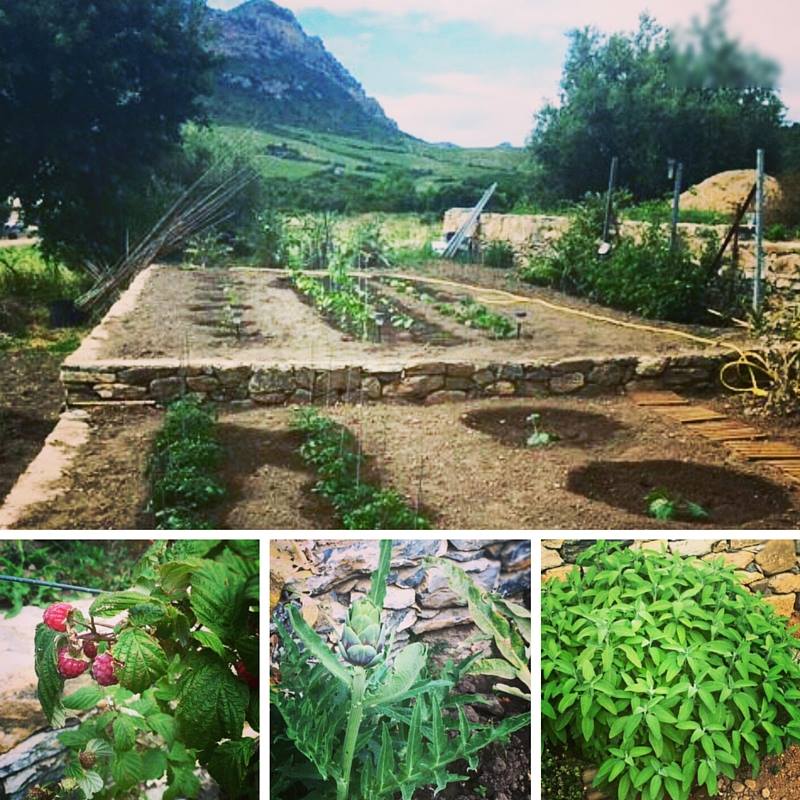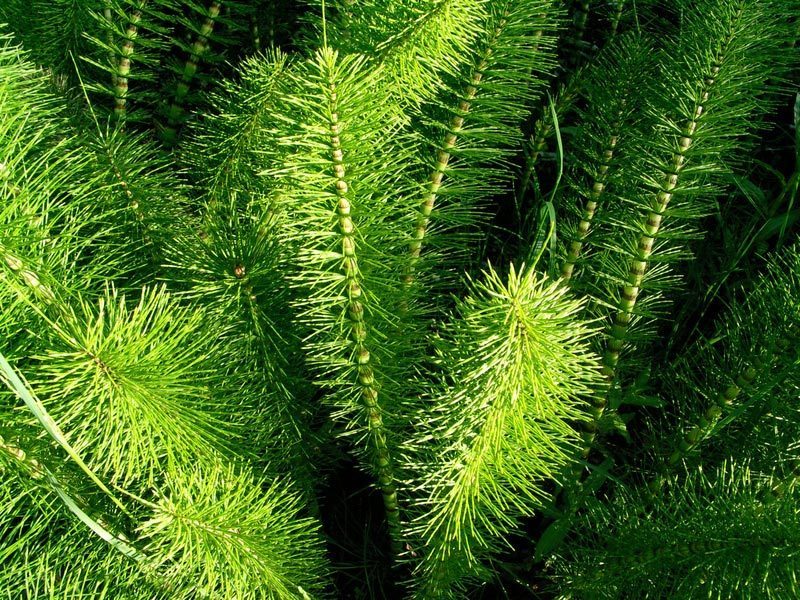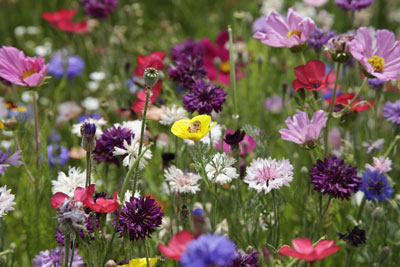Having an organic garden is not rocket science! Did you know that?
Written by Yves Leccia, published in
It's no surprise that at the estate we respect our environment and all that nature offers us. In the vineyards and everywhere around! Our vegetable garden is no exception to the rule. Last year, we shared with you the growth of our fruit and vegetables and the harvest. This year, we are sharing some good practices (organic, of course!) that should make your job easier.

Kitchen garden on the estate, 2016.
1. Save water
Organic means saving natural resources. Start with water! Make sure that it does not evaporate too quickly from the soil. To do this, use two tips:
Break up the soil! Use a hoe to turn the surface of the soil. This way, the summer sun (especially in Corsica where we are particularly spoiled!) will have much less impact than if the soil surface was flat. On the other hand, by turning the soil over, you will allow water to sink deeper into the soil.
Even in summer, don't neglect mulching. It is a simple and effective way to protect against heat and keep the soil moist.
2. Controlling powdery mildew (naturally)l’oïdium
Which vegetable garden has not experienced the problem of powdery mildew? At the estate, to prevent the disease, we like to use horsetail as a slurry. Horsetail is a wild plant, easy to grow, which can be used as a preventive against powdery mildew but also other diseases affecting fruit trees. For tomato plants (which are particularly prone to the disease), we can only advise you not to water the leaves. This is a classic piece of advice, but it is always good to take it!

The horsetail. ©Google
3. Don't forget biodiversity
For your vegetable garden to be productive, your plants must flourish in a balanced ecosystem. If you haven't already done so, it might be time to imagine your "biodiversity space" where flora and fauna live together. On the estate, we have planted tall grasses and flowers of all kinds so that insects, butterflies and bees can take their place and enhance the pollination process. You can also plant a hedge where birds will want to make a nest. What's the point? Birds will hunt insects for food, and at the same time they will clear your garden of them.

Jachère fleurie ; mêlez l’utile à l’agréable ! ©Google
4. Respect the tranquillity of earthworms
Don't kill the worms in your garden! They are not doing anything wrong, on the contrary! By criss-crossing the soil in your vegetable garden, they create galleries in the soil. These galleries aerate the soil and facilitate water penetration: a double benefit! We therefore advise against working the soil too deeply: this could upset the earthworm ecosystem by destroying their galleries.
5. Opt for green manure
What is green manure? Green manures are plants (usually annuals) that are planted in the garden to improve the quality of the soil, stimulate soil activity and water penetration. Here are some examples of plants you can use to boost your garden in the healthiest way possible:
- Clover enriches the soil with nitrogen and fixes its nutrients.
- Rape and white mustard attract pollinating insects.
These are just 5 little tips, easy to implement, but there are dozens of them! All you have to do is put on your gardening boots and get to work!
